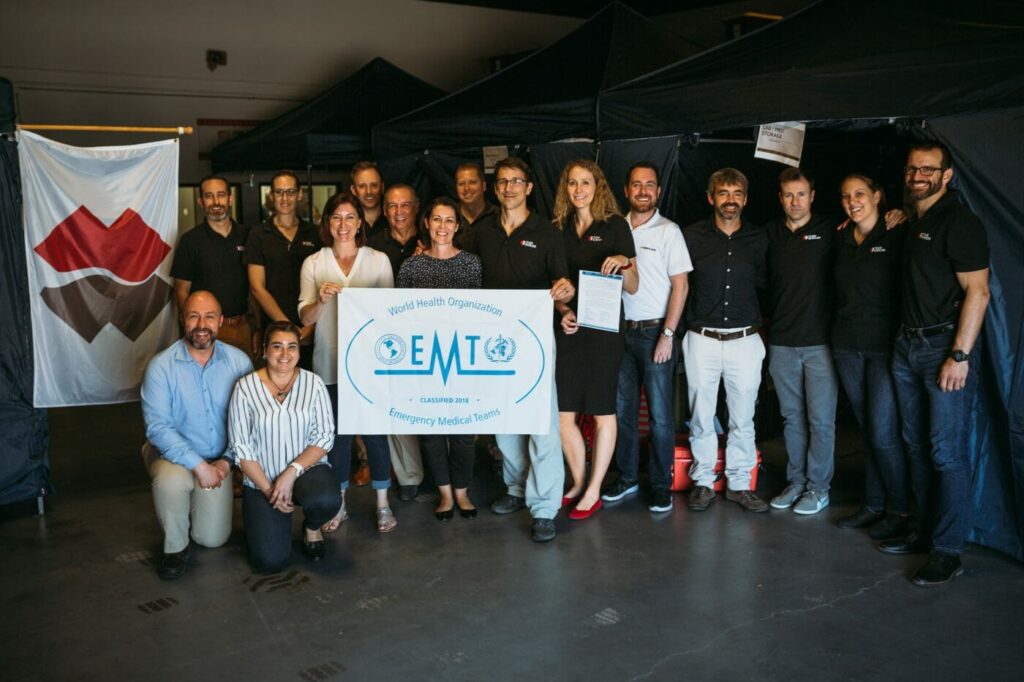I recently had the opportunity to represent Team Rubicon along with a few colleagues at the UN’s Humanitarian Networks and Partnerships Week in Geneva, Switzerland. This is an annual event where humanitarian partners connect to work on pressing issues in the humanitarian space.
Amongst a variety of conversations aimed at improving humanitarian action, a discussion on the necessity and safeguarding of an idea became paramount.
If you haven’t read Yuval Noah Harari’s “Sapiens,” it’s worth the read. Even if you haven’t, you might be familiar with something that sets Homo Sapiens apart from other species. It’s the ability to create something out of nothing. The ability for an idea to be created, seconded by another person, and then carried out and followed by countless others.
Countless elements of our lives today, things that we may take for granted all started with an idea. Fabrics of our lives such as currency, businesses, and human rights. These all began with an idea…
One of the most powerful ideas to develop in human history is called international humanitarian law (IHL). IHL lays out four ethical and operational pillars- humanity, neutrality, impartiality, and independence- as the foundation for protecting civilians in conflict. The application of IHL is often messy, especially in today’s complex armed conflicts. IHL guides us. IHL challenges us. And, IHL demands more of us.

Birthed on a battlefield in 1859 in modern-day northern Italy, it recognized that in midst of warfare, efforts must be made to protect and aid the wounded and those who have laid down their weapons. The birth of the idea led to the creation of the International Committee of the Red Cross in Geneva, Switzerland, and the Geneva Conventions – the legal framework that created IHL. Over the past 150+ years, IHL has evolved as warfare has evolved. The history is messy and complicated but the tenant within this evolution is humanity can do better. We must gird ourselves from the worst that we are capable of.
You may recall, Team Rubicon was recently classified by the World Health Organization (WHO) as an Emergency Medical Team. This classification meant we were recognized as meeting the highest global standards for providing emergency medical care following disasters and crises. Crises now represent a disproportionate amount of humanitarian need that exists in the world. Whether in Yemen, the Democratic Republic of the Congo, or even as we watch events unfold in Venezuela today countless lives are being disrupted and in the midst of this disruption, the imperative for IHL to be adhered to has perhaps never been greater.
We’ll unpack the importance of IHL and what it means to Team Rubicon throughout the year but you can bet we will hold to and champion international humanitarian law. People we are here to serve depend on it.



